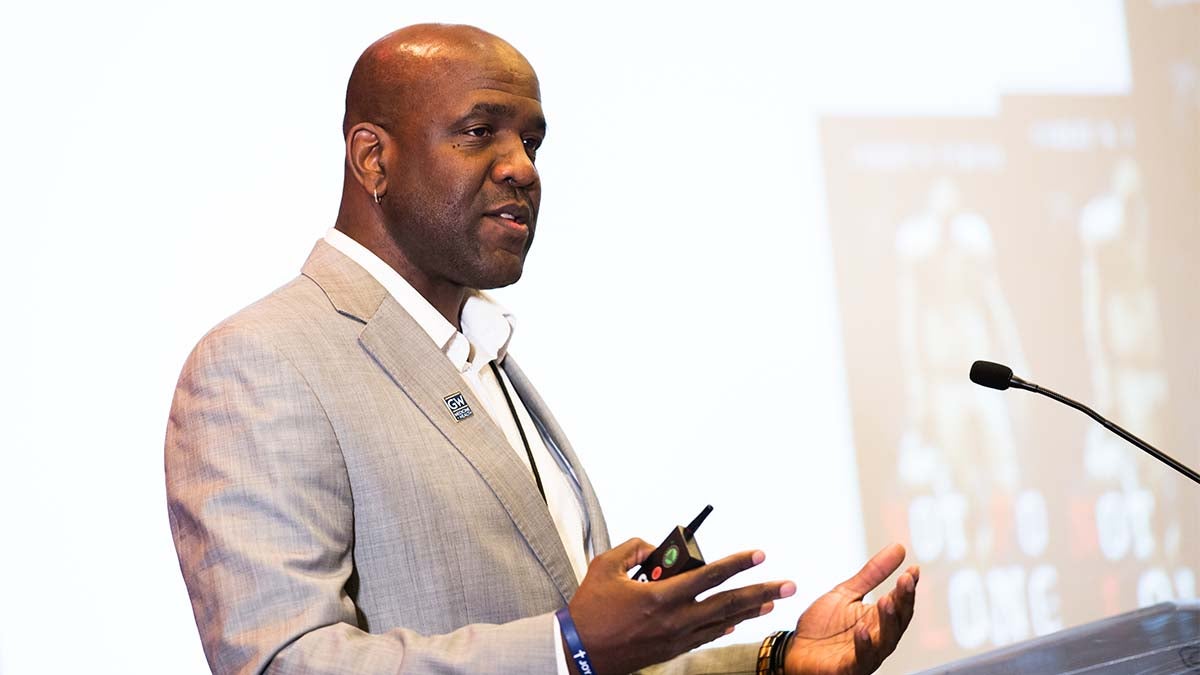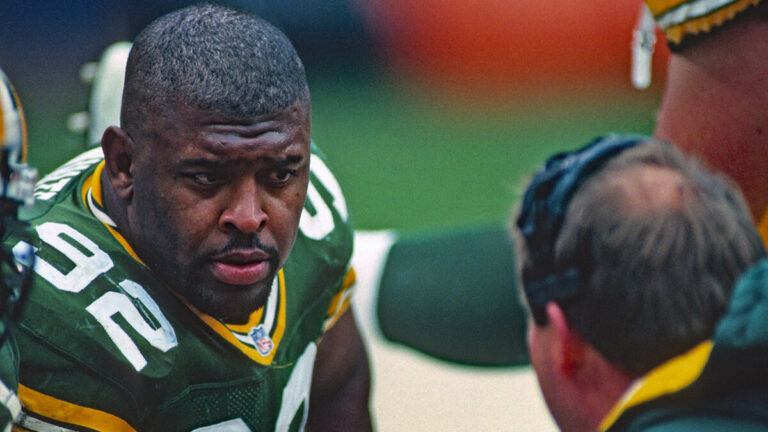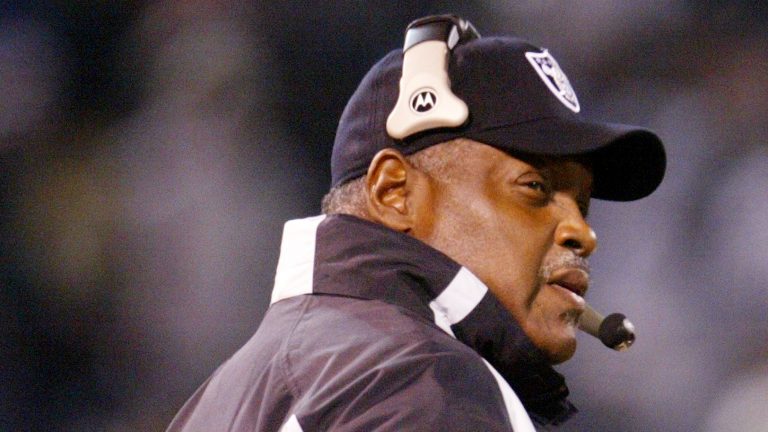Author: Dealing with racism and pain two constants for African-American NFL players
Why this matters
For African-American NFL players, dealing with racism falls in two categories - the black nationalism, or Afrocentric approach, and the racial integrationist approach. How they utilize those approaches can matter for their success.

In his book “Not For Long,” Dr. Robert Turner said the overrepresentation of African Americans in the NFL is troublesome. According to Turner’s book and independent statistics, 70 percent of the league’s players are African-American, but only 6 percent of the population in the country.
"Scholars, particularly like our good friend, Harry Edwards, argue that the overrepresentation of black youths developing a single-minded purpose, and kind of in the framework of upward mobility of sports that has helped hurt the black community," Turner said.
Turner, who is an assistant professor in the department of clinical research and leadership at The George Washington University School of Medicine & Health Sciences, was a keynote speaker at the 2019 Global Sport Summit held in Phoenix, Az., in late March. He focused on the issues African American players deal with when they’re in the league. As a former player himself, Turner has first-hand experience with these issues.
According to Turner, two different types of strategies exist to deal with racial issues in the league: the black nationalism, or Afrocentric approach, and the racial integrationist approach.
The black nationalism approach is the more controversial. It involves being outspoken on racial issues.
"Instead of viewing it as a political attitude, they draw on black nationalism for its meaning that it offers in their everyday lives. So in other words, they see the world kind of through this nationalism lens; this group kind of believes that black nationalism, or Afrocentrism is an effective strategy of fighting against racist owners that are intent on exploiting and marginalizing black bodies," Turner said.
The racial integrationist approach involves downplaying the notion of race and not letting it become the reason for the lack of success. Turner recalled a conversation with a former Arizona Cardinals kick returner in which he stated the following:
"Listen, I am sure that racism exists in the NFL, just like it does everywhere else in society. You can’t worry about that, though. or else you’ll be kicked out of the league in a hurry. It's your job to play football, and everything else will take care of itself, so I don't spend too much time thinking about race at all."
In addition to discussing how NFL players deal with racism, Turner discussed the effects that playing in the NFL has on players. Of the former players he studied, 65 percent reported they are experiencing chronic pain in retirement.
He noted his study was focused on the relationship of injuries to depressive symptoms and chronic pain.
"What we found that really mediated the relationship was not the pain in and of itself, but it was functional limitations, or for this particular group, it was in younger people as well,” Turner said. “So in other words, we're asking people, do you have difficulty walking a quarter of a mile? Do you have difficulty standing for an hour or do you have a problem walking up the stairs holding the bag of groceries?"
Turner closed by saying: "I hope to leave you here today, those of you who are scholars, that you will think about how can you do the kind of work that will bring together these ideas around race and looking at the body and taking much more of a kind of a biomedical bio psychosocial approach to understanding and I really do believe that the people who are most prepared to do this kind of work, are former athletes ourselves."
Alberto Ramirez is a senior sports journalism major at Arizona State University.




